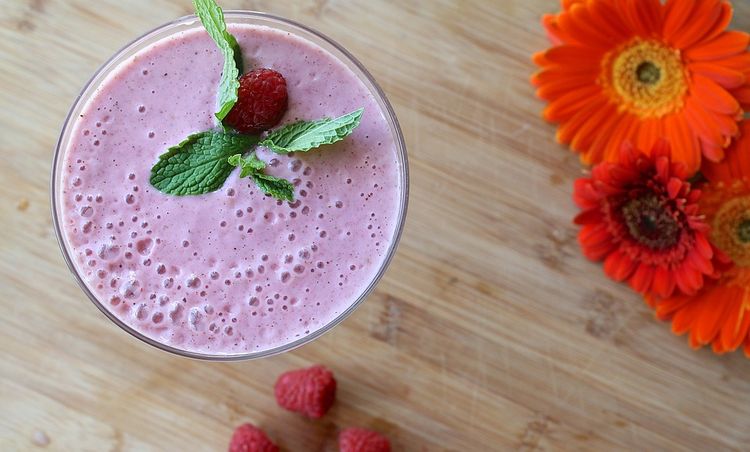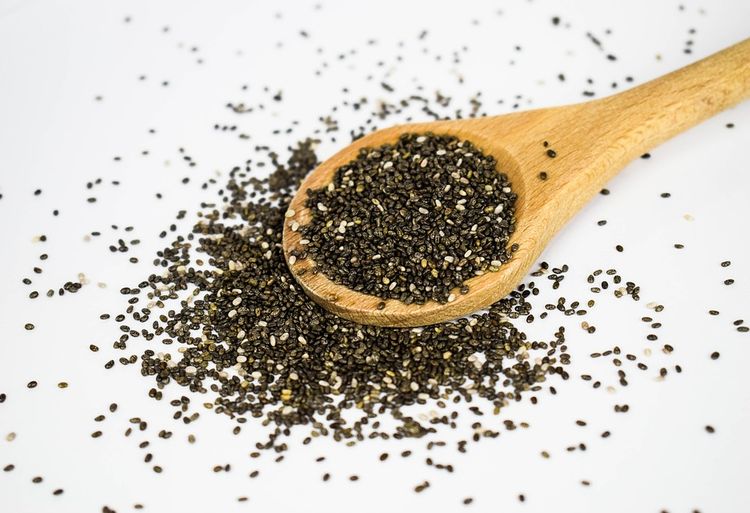Superfoods Demystified: Separating Hype from Science

Superfoods have become a buzzword in the health and wellness community, with claims of incredible health benefits and disease-preventing properties. But, are superfoods really as miraculous as they are made out to be? In this article, we will demystify superfoods by separating the hype from the science.
Firstly, it is important to understand that the term “superfood” is not a scientific classification. It is a marketing term used to describe foods that are nutrient-rich and believed to have health benefits beyond their basic nutritional value. While some superfoods do indeed offer impressive nutritional profiles, it is important to remember that no single food can provide all the nutrients your body needs.
One example frequently hailed as a superfood is kale. It is packed with vitamins A, C, and K, as well as minerals like calcium and potassium. Kale is also rich in antioxidants that help fight inflammation and protect against chronic diseases. However, as good as kale is for you, it should be consumed as part of a balanced diet that includes a variety of other fruits, vegetables, grains, and proteins.
Next on the superfood list is the blueberry, often celebrated for its high antioxidant content. Antioxidants are known to combat oxidative stress and reduce the risk of certain diseases. Blueberries are also a good source of fiber and vitamin C. While they are undoubtedly a healthy addition to your diet, it is essential to consume a diverse range of fruits and vegetables to get a wide spectrum of nutrients.
Another popular superfood is chia seeds. These tiny seeds are high in omega-3 fatty acids, fiber, and protein. They also contain important minerals such as calcium, magnesium, and phosphorus. Chia seeds can be a nutritious addition to your diet, but they should not be relied upon as a sole source of essential nutrients.
It is crucial to keep in mind that superfoods are not a magical cure-all. A healthy diet is all about balance and moderation. No single food can give you the complete range of nutrients your body needs, and relying too heavily on specific superfoods may even lead to nutrient imbalances or deficiencies.
Remember, a superfood-rich diet should be complemented by regular exercise, adequate sleep, stress management, and other lifestyle factors to truly promote overall health and well-being. It is the combination of these factors that contribute to a healthy lifestyle, not just the consumption of a few trendy superfoods.
In conclusion, superfoods can provide valuable nutrients and health benefits when incorporated into a well-balanced diet. However, it is important to approach superfoods with a critical eye, separating the hype from the science. No single food can provide all the necessary nutrients, and a healthy lifestyle requires a diverse range of foods and lifestyle factors. So, while superfoods may offer some benefits, they are just one piece of the puzzle in achieving optimal health.



